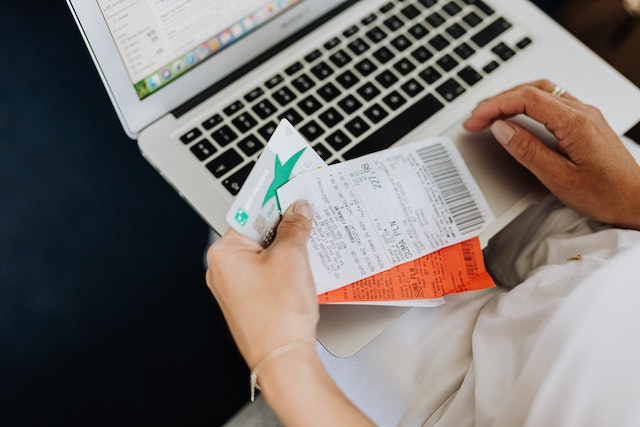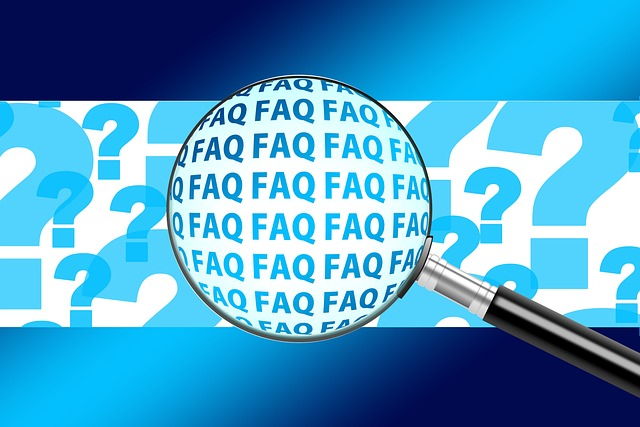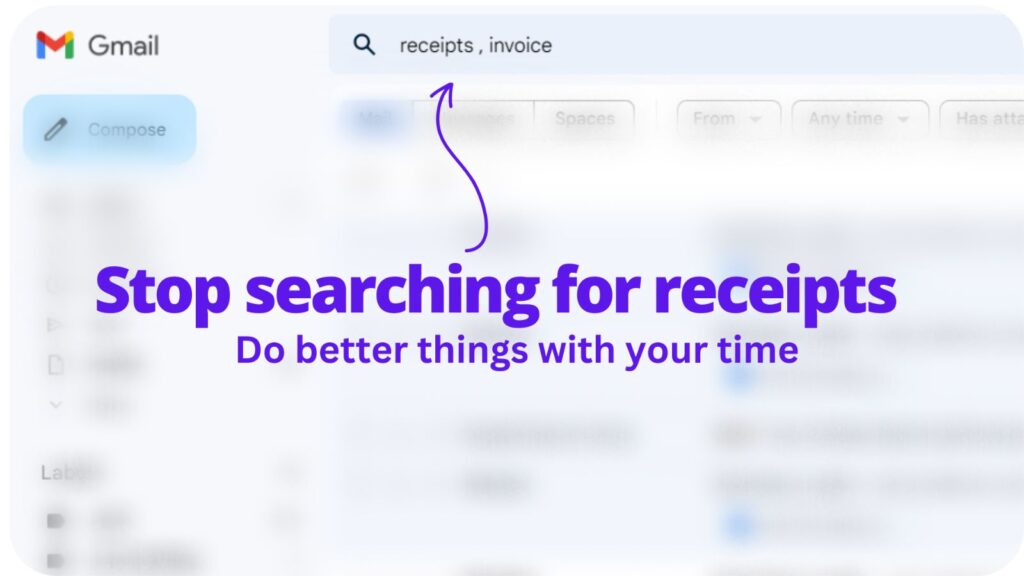Is saving receipts a must for self-employed people? Let’s find out.
Are you self-employed? If so, you handle your own money. This can be tough. One big question is about receipts. Should you keep them or toss them? This is a big topic. We will look at it in detail. The aim is to help self-employed people. You want to handle your money well. This article will help.
Save Receipts as a Self Employed: Why It Matters
Why should you save receipts as a self-employed person? Two main reasons stand out. One is the importance of receipts. The other is legal implications. Let’s discuss both.
The Importance of Receipts
Receipts are small but mighty. They help you track your expenses. Business expenses, for example, add up fast. Do you remember what you bought last month? Or how much you spent? Probably not. But a receipt does!
It’s all about record keeping. Think of a receipt as a mini history book. It tells you what, where, and when you bought something. It shows how much you paid. Above all, it is proof. It shows you did spend that money.
When tax season rolls around, receipts are crucial. They help you figure out tax deductions. Tax deductions lower your tax burden. This means you pay less money at tax time. But without receipts, you can’t claim these deductions. So, to save money on taxes, save your receipts.
Legal Implications
Did you know the Internal Revenue Service (IRS) requires you to save receipts? It’s true. If you’re self-employed, you need to keep certain tax documents. This includes receipts for taxes.
Why does the IRS need your receipts? Simple. They want to make sure you’re telling the truth. For instance, if you say you had $500 in business expenses, they want proof. Your receipts are that proof.
It’s not just about honesty, though. It’s also about protection your tax situation. If the IRS audits you, your receipts can save you. They show you did everything right. So, for your safety, save your receipts.
But, how long should you keep these receipts? The IRS says three years. But some tax professionals suggest longer. They say keep your receipts for seven years. It’s better to be safe than sorry.
Save Receipts as a Self Employed: The Role of Taxes
When you’re self-employed, your business transactions and taxes matter. In this section, we’ll discuss tax implications and claiming business expenses. Let’s begin with tax implications.
Tax Implications
As a self-employed person, you face and pay taxes too. This includes income tax. Keeping tax records is crucial. For instance, receipts for taxes. Why? The answer is simple: tax return time.
During tax time, you report your income and expenses. You fill out forms for the government. Your receipts are your proof. They show you’re telling the truth about your expenses.
You might wonder, why keep paper receipts? Can’t I just tell them what I spent? The answer is no. You need proof. That’s where receipts come in. They’re your evidence.
Claiming Business Expenses
Now, let’s talk about claiming business expenses. This is a big reason to save receipts. Business expenses can be tax deductible. This means they can lower your taxes. And who doesn’t want to pay less in taxes?
You buy things for your business, right? Maybe a computer or internet access. You might pay for travel expenses. All of these can be business expenses.
When you have a business expense, you can claim it on your tax return. You tell the government about it and show your business tax receipt. The government sees your proof. Then, they let you pay less in taxes.
Without a receipt, you can’t claim the expense. That’s why saving your receipts is important. They save you money at tax time. So, every time you pay for a business expense, save the receipt for tax purposes.
Methods to Save Receipts as a Self Employed

There are many ways to save receipts. Some people use traditional methods. Others go digital. Let’s explore both options for self-employed individuals.
Traditional Ways of Storing Receipts
First, let’s talk about traditional methods. One common way is using a filing cabinet. In it, you can store paper receipts. You can organize them by date, expense type, or business category. This makes it easy to find them later.
Another option is to use folders or envelopes. Label them with the tax year or expense category. Put your receipts inside. Keep them in a safe place. This way, you won’t lose track of them.
Some people use a simple box or drawer. They toss their receipts inside. At the end of the tax year, they sort through them. This method is less organized, but it still works.
Digital Methods
Now, let’s discuss digital methods. These are becoming more popular. They save space and make organizing receipts easy. Plus, digital copies are harder to lose.
One option is to use a receipt tracking app. These apps let you take photos of your receipts. Then, they save the images for you. Many apps also track your expenses. They help you categorize and organize your receipts. This is great for tax time.
Another digital method is to scan your receipts. Use a scanner or your phone’s camera. Then, save the images to your computer or a cloud storage service. Organize them in folders by date, expense type, or category.
Lastly, some people use their bank or credit card statements. They keep track of expenses online. This can be a good backup for lost or damaged receipts. But remember, it’s still important to save the original receipts when possible.
Organizational Tips to Save Receipts as a Self Employed

Staying organized is important for self-employed people. It helps at tax time. But how do you do it? Let’s talk about creating and maintaining a filing system for receipts.
Creating a Filing System
First, decide how you want to file. You can use a physical system or a digital one. Both have their benefits.
For a physical system, you might use a filing cabinet. Use different folders for each tax year. You can also have separate folders for different types of expenses. For example, you might have a folder for office supply store receipts. You might have another for transportation expenses.
For a digital system, you can scan your paper receipts. Then, save them on your computer or in a cloud service. Organize them into digital files by tax year and expense type.
A receipt tracking app can also be helpful. It can organize your receipts for you. Plus, it’s easy to access from anywhere with internet access.
Maintaining Your System
Creating a system is the first step. But you also have to maintain it. This means adding new receipts regularly. Don’t wait until tax time to do this. It can become overwhelming.
Try to add new receipts to your system every week. This will keep your system up to date. It will also make tax time less stressful.
Also, remember to back up your digital files. This prevents loss of data. You can do this by saving your files in more than one place. For example, save them on your computer and in a cloud service.
Last, check your system for old receipts. The IRS generally only needs records for the last three years. But, check with a tax professional to be sure. Then, remove old receipts as needed. This keeps your tax preparation system clean and manageable.
Questions You Might Ask

Do I need to save every receipt for tax time?
If you’re self-employed, it’s smart to save all receipts for business expenses. These bits of paper can lower your gross income. This means you pay less in taxes. But remember! Only the costs tied to your business count.
Can I keep digital copies of my receipts?
Yes, you can! The IRS says digital receipts are okay. You can scan your receipts or snap photos of them. Then, store them on your computer or phone. Using an app to track your receipts can be really helpful.
What if I lose a receipt?
Lost a receipt? Don’t worry! Try to get a copy from the store. If you can’t, use your bank or credit card records. But, the IRS likes the original receipts best. So, try to keep them safe.
How often should I sort my receipts?
It’s best to sort your receipts often. Try to do it once a week. This way, you won’t have a ton of work at tax time. And, your records will be correct and up-to-date. This makes doing your taxes easier.
Wrap-Up
To sum up, saving your receipts is super important if you’re self-employed. They help you keep track of your business expenses. They also help you pay less in taxes. So, whether you like a paper system or a digital one, keep your receipts organized. And, keep your system updated!
Remember, tax rules can be hard to understand. And, every person’s situation is different. So, if you’re not sure about something, ask a tax expert. They can give you the best tax advice for your business.

Collect receipts from your email automatically!
Try WellyBox - your AI assistant for receipts


